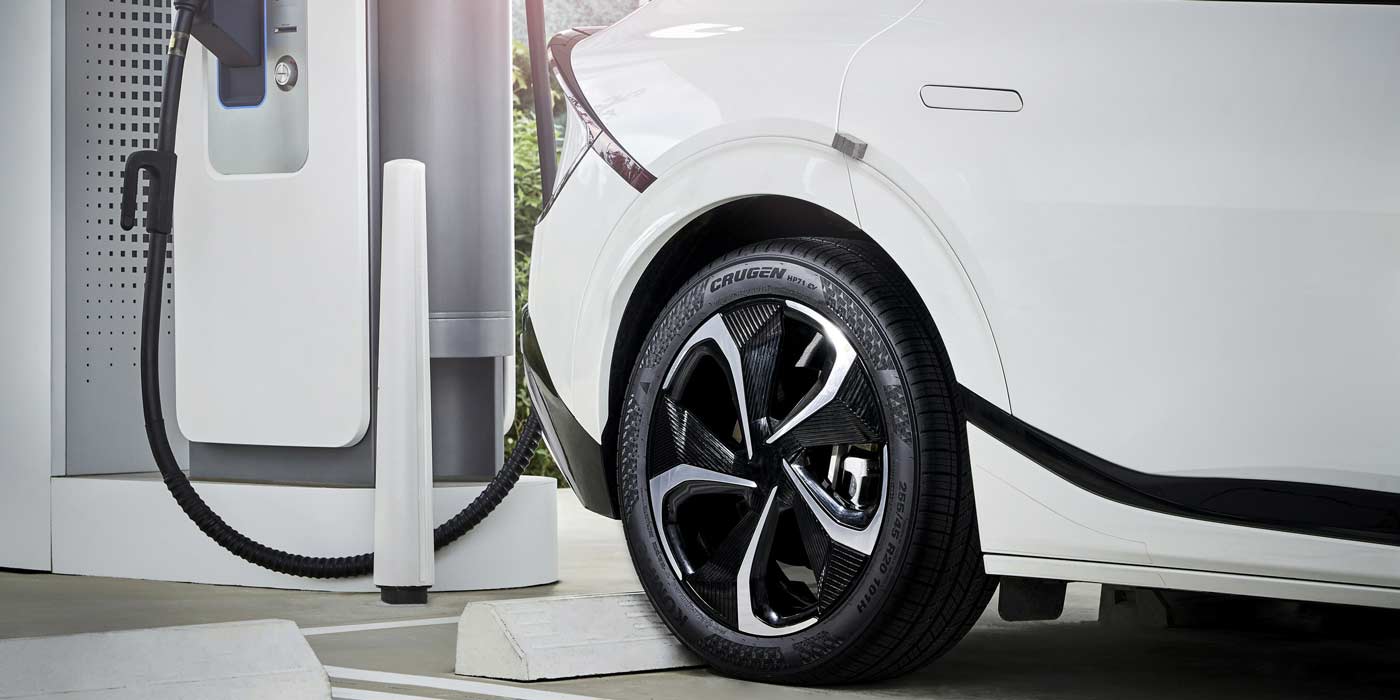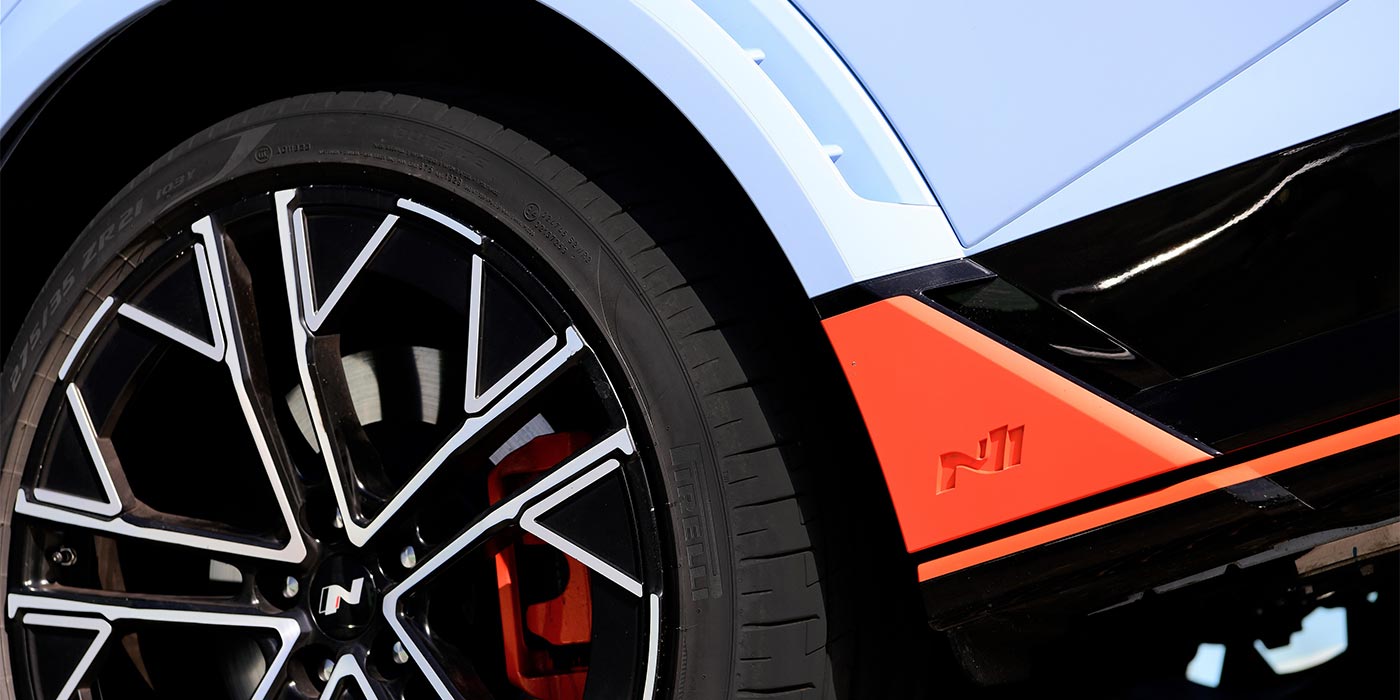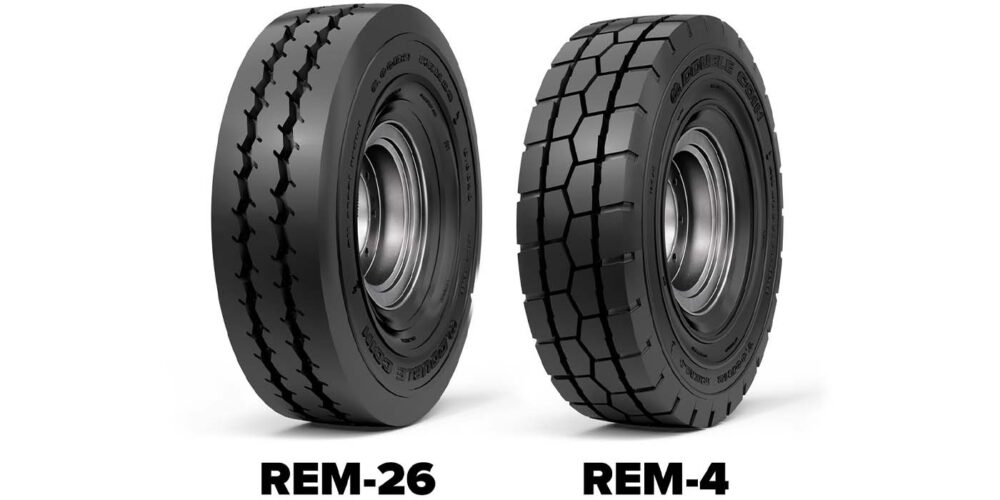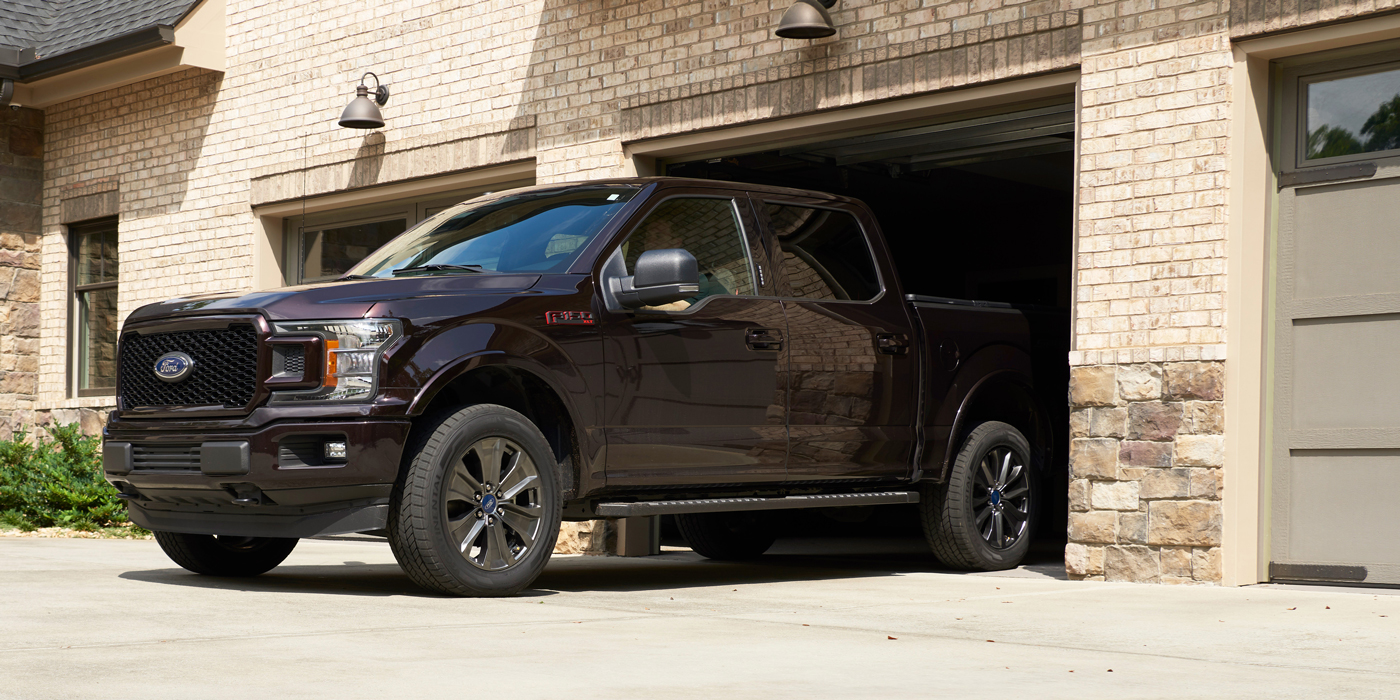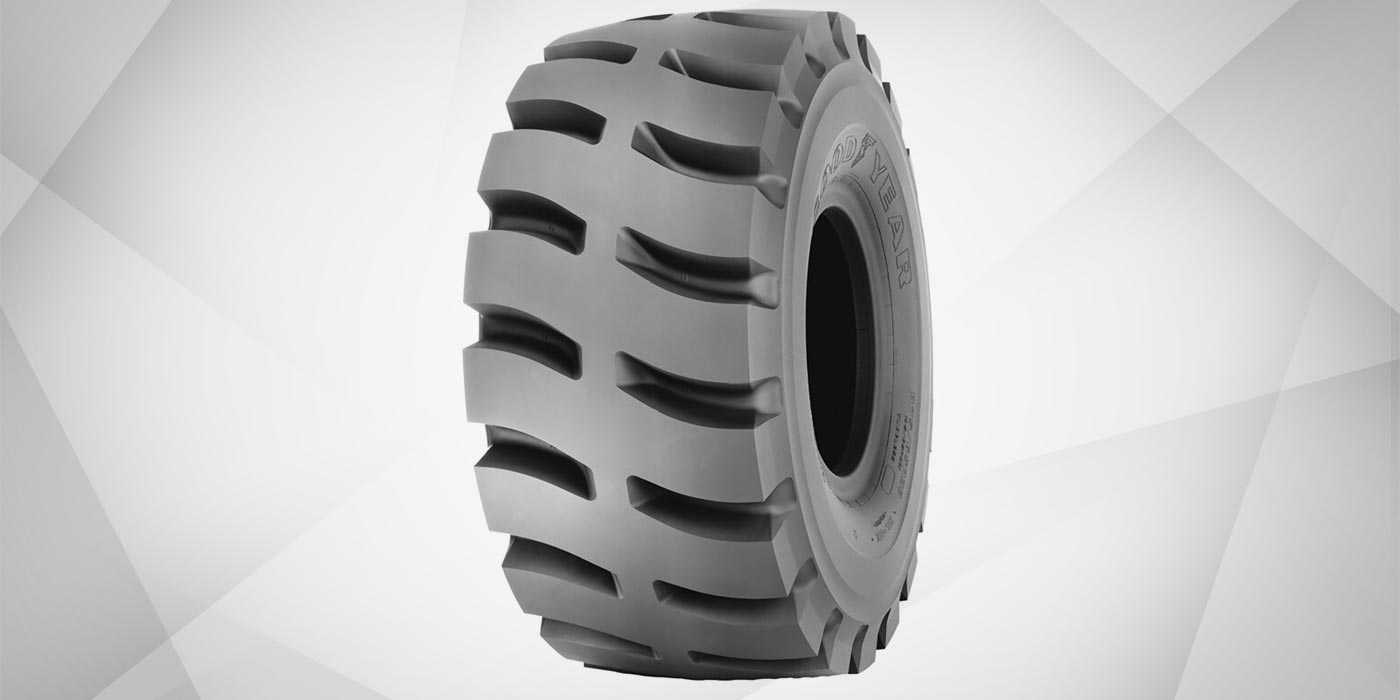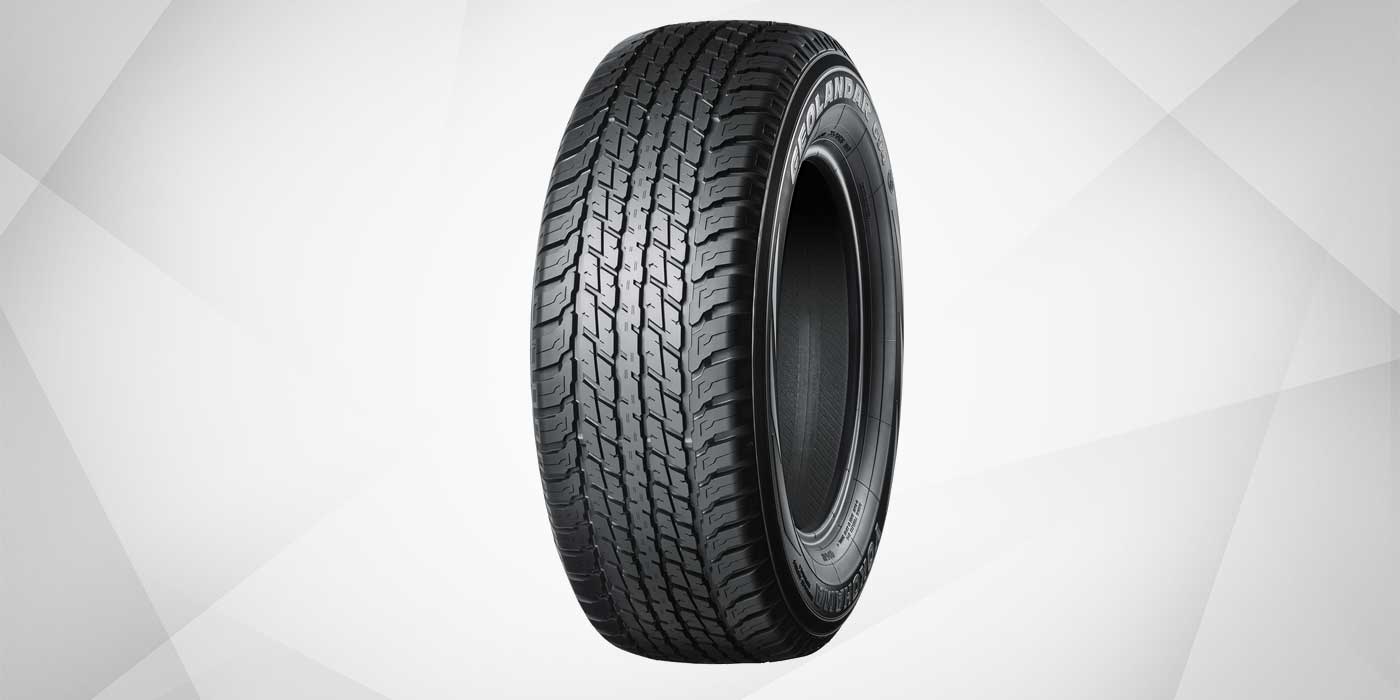Despite a shrinking market, fallout from an economic recession andtough price competition from overseas, the private brand tire segmentstill offers dealers the potential for added profits and exclusivity intheir own markets.
The private brand segment has seen easierdays, to be sure, but it is still relevant in today’s marketplace. Withthe improved logistical capabilities of private branders and consumersthat are perhaps more cost-conscious than ever before, getting up tospeed on this market could be good for business.
There’s nodoubt that marketshare of private brands is decreasing. According toRMA figures, private brands held a 22.1% share of the P-metric segmentand a 21.8% share of the LT-metric side in 2004, compared to 13.9% and15.7%, respectively, in 2007.
It’s important to note thataccurately tracking the segment’s marketshare has become difficult,according to Phil Caris, Cooper’s vice president of sales andmarketing. “Traditional private brand business as we know it has gonedown, but to what degree is difficult to understand because some of theprivate branders have moved their product to non-RMA members,” he says.“Some of the reporting and visibility is different than it used to be,so it’s tough to have a firm grip on the true number. Rather than aclear-cut decline, it’s been more of a shift.”
Contributing Factors
Prior to the economic recession, private branders like Hercules and Del- Nat each reported steady business in this segment.
Aspokesperson from Hercules says the company’s business remains solid,with a focus on improved sourcing and competitiveness in themarketplace. “In late 2008 and into 2009 Hercules has continued tobring new products to the market offering value, exclusivity and profitpotential to our dealer network.”
“Our business was going well,although Del-Nat was beginning to shift more business overseas due tolack of interest from domestic manufacturers,” says Denise Rawls,marketing manager for Del-Nat.
As the economic slowdown tookeffect, Del-Nat saw “demand for low cost or entry level tires increasedramatically and we saw the very profitable light truck segmentdecrease,” Rawls says.
As demand for low cost tires grew, so didthe number of overseas brokers offering tires in the U.S., with littleregard for volume buyers, a factor that largely contributed to thechanging face of the private brand market.
“Del-Nat was forcedto seek out overseas suppliers willing to give us tires in our brandsat lower costs than our traditional suppliers,” Rawls says.
“Whilea large percent of our private brand product is produced in the U.S.,we also purchase from overseas manufacturers,” says Hercules. “Over thelast few years many overseas suppliers have made extensive investmentsin plants and equipment. The quality, design, technology andoperational efficiencies are equal to – in some cases, greater than –domestically located manufacturing facilities.”
Such overseassuppliers easily found their way into the North American market as onceactive contract producers – including Goodyear, Michelin, Continentaland Bridgestone – trimmed private brand production in order to freecapacity for their high margin/high value flag lines. Only Cooperremains active as a domestic resource.
“We have been able tostep in and pick up some business as certain manufacturers exited theprivate label,” says Cooper’s Caris. “While private brand marketers arethe ones who are responsible for setting up their logistics andnetworking to get the product out to their customers, the reputation ofthe manufacturer from a quality, reliability and timeliness to marketperspective is also important.”
As with other tire segments, SKU proliferation has added some challenges to the mix in the private brand market.
“SKUproliferation continues to add complexity to our product strategy,which results in the need for an increased investment to stay current,”says a Hercules spokesperson. The company plans to launch five newlines in 2009 and early 2010, in addition to the six lines introducedlast year.
“Because of SKU proliferation, a private branderneeds to make an investment not only in inventory, but also in terms ofa mold investment and how they invest in their brand,” says Cooper’sCaris. “It has challenged private brand marketers, like everyone, interms of how they manage their product portfolio. For example, a numberof years ago, every offering a private brand marketer had may have beenin its own proprietary brand. What you might see now is a combinationof the use of proprietary lines within a private brand, plus theutilization of shared lines across different brands.”
Forprivate branders, it boils down to coming out with the right product atthe right time and being more selective – not being able to have everyanswer for every customer, Caris notes.
On the other side of thecoin, Del-Nat’s Rawls explains the benefits of SKU proliferation.“While the major manufacturers focus on niche, emerging or high volumesizes, the private brands can step in and fill the need for diminishingand lower volume sizes,” she says. “This means that as the averagevehicle age increases, and the OEs are creating new sizes, we can stillprovide tires to that often forgotten market of older vehicles.”
Benefits to Dealers
Tiredealers who do their homework could come out ahead in the private brandarena. With many consumers currently looking for less expensiveoptions, stocking private brands could provide a dealership with anadded tool that direct competition may not have.
“Many consumersmay identify the major brands, but that doesn’t mean they arepurchasing them,” according to Hercules. “When faced with the need toreplace tires, consumers are becoming more responsible for researchingtheir options prior to purchasing, and in many cases, are reconsideringtheir brand preferences along the way.
“We have found that whenpeople are shopping on price alone, the name is of no consequence,”says Rawls. “For the most part, consumers accept that private branddoes not mean inferior quality, just a better value. If the retailer isdoing a good job of packaging his brand, in our case, Delta andNational, as a high quality product that also delivers high value, thenyes, private brands can sell very well during a recession.”
Dealersconsidering this segment must understand their business model, as wellas the needs of the consumer base they’re marketing to, says Cooper’sCaris.
“A private brand can play a nice role in terms of givingthe retailer a little bit of exclusivity in being able to manage theprice point and profitability of the brands they offer,” he says.“Chances are, dealers would be able to get the type of returns they’dlike to because of the exclusivity and the fact that they’re notcompeting against all retailers with like for like brands. It canbecome more of a store brand for a retailer, as opposed to having toshare brands across the marketplace.”
Dealers should alsoconsider which private brand marketers will be able to offer thelogistical support they need in terms of getting the product to them,be it through one of their distributors or through their own delivery,Caris notes.
Also important when selecting a private brander ischoosing one with the product that will meet customers’ needs. “Youwant to know that your private brander is keeping up with shifts in themarket, plans ahead to meet changing demands, and has a strong sourcingand marketing team with the retailer’s independence and success astheir primary focus,” says Del-Nat’s Rawls.
Moving Forward
Therecent U.S. International Trade Commission decision regardingChinese-produced passenger tires could have a large impact on theprivate brand tire market. As of press time, the decision, which wasforwarded to President Obama for consideration, would place athree-tiered additional duty on the tires based on their value – 55% inthe first year, 45% in the second year, and 35% in the third year.
Theduty plan was not sought by the United Steelworkers, which petitionedthe government for a rollback in the number of consumer tires importedfrom China. On June 18, the ITC ruled in favor of the USW by a 4-2vote. That same 4-2 majority made the more recent duty recommendation.The fees would presumably make the retail cost of Chinese tires moreexpensive in the U.S.
While the USW hailed the rollback, and thesubsequent duty decision, several tire companies have said such actionwould harm, not help, U.S. consumers.
“As part of the U.S.Coalition for Free Trade in Tires, we are very disappointed, not justfor the many small and medium sized businesses represented by thecoalition, but also for the American consumer,” says Del-Nat’s Rawls.“Consumers are struggling as it is and now they will have to pay morefor their tires, as well. We hope when the president takes into accountthe broader interests of American consumers and small businesses, hewill decide against restrictions, like was done in the past.”
Inaddition to Del-Nat, the coalition is made up of American Omni TradingCo., Dunlap & Kyle Co., Hercules Tire & Rubber Co., OrteckGlobal Supply & Distribution Co. and Foreign Tire Sales Inc.
Despitethe numerous challenges that have already faced this segment, as wellas those on the horizon, Cooper, Del-Nat and Hercules each see apositive future for private brands.
“While all private brandersface challenges, Hercules is poised for growth,” a spokesperson says.“Private branders that choose to invest and cultivate their brands willsee the market continue to expand and allow their dealer base toflourish in the coming years.”
“Our estimate is the privatelabel segment will decline at a slower rate; we don’t expect to see thetype of declines that have been experienced over the last 10 years,”says Caris. “This is a piece of the business that is going to continueto have a significant place within the North American tire business andwe’re committed to working with private brand marketers that we’vealigned ourselves with.”
“We may see a few private brandsdisappear, and the days of domestically produced private brands may benearing their end, but there is a place for private brands,” saysRawls. “It all goes back to the retailer. Retailers who recognize themany benefits of marketing their own brand – and believe in that brand– can keep private brands strong in the marketplace.”



